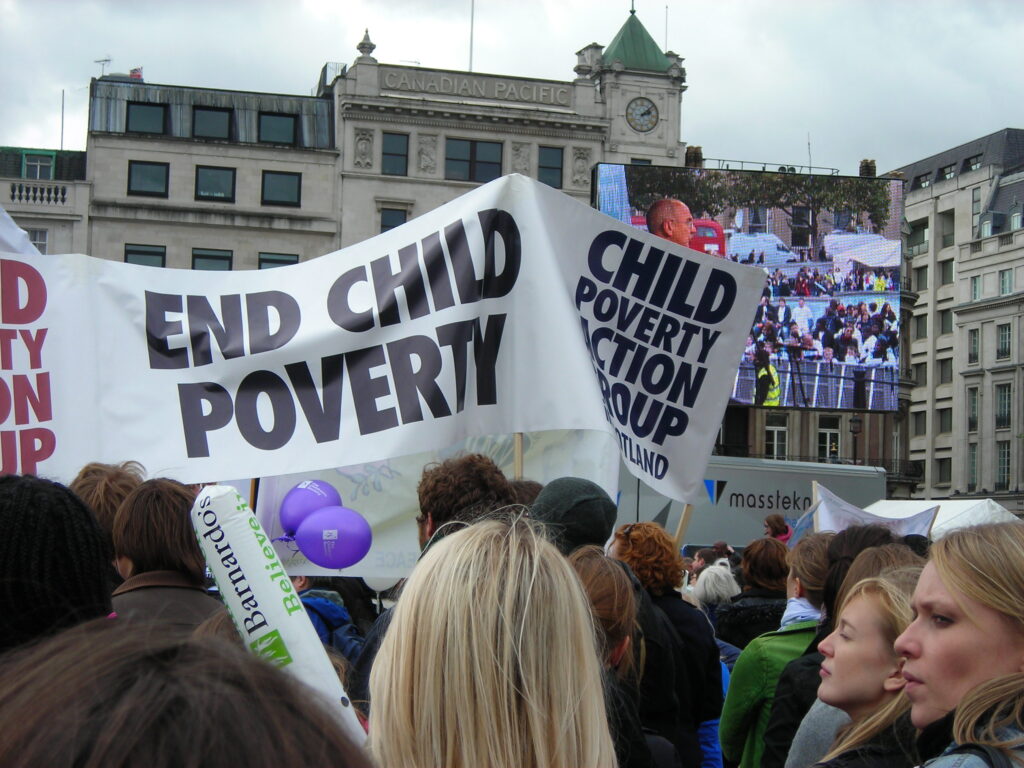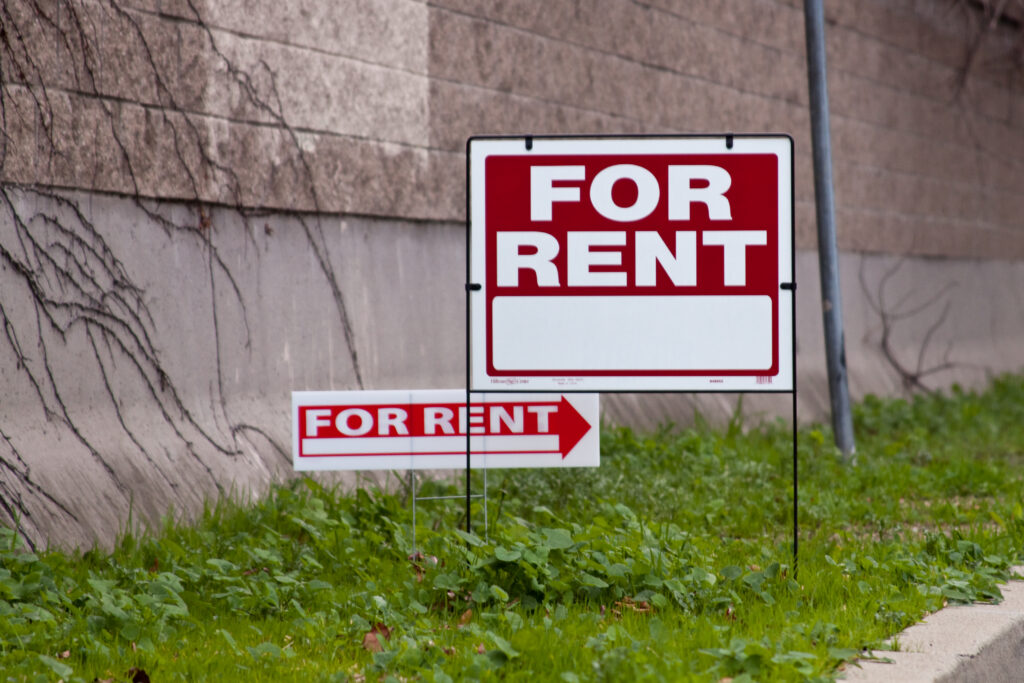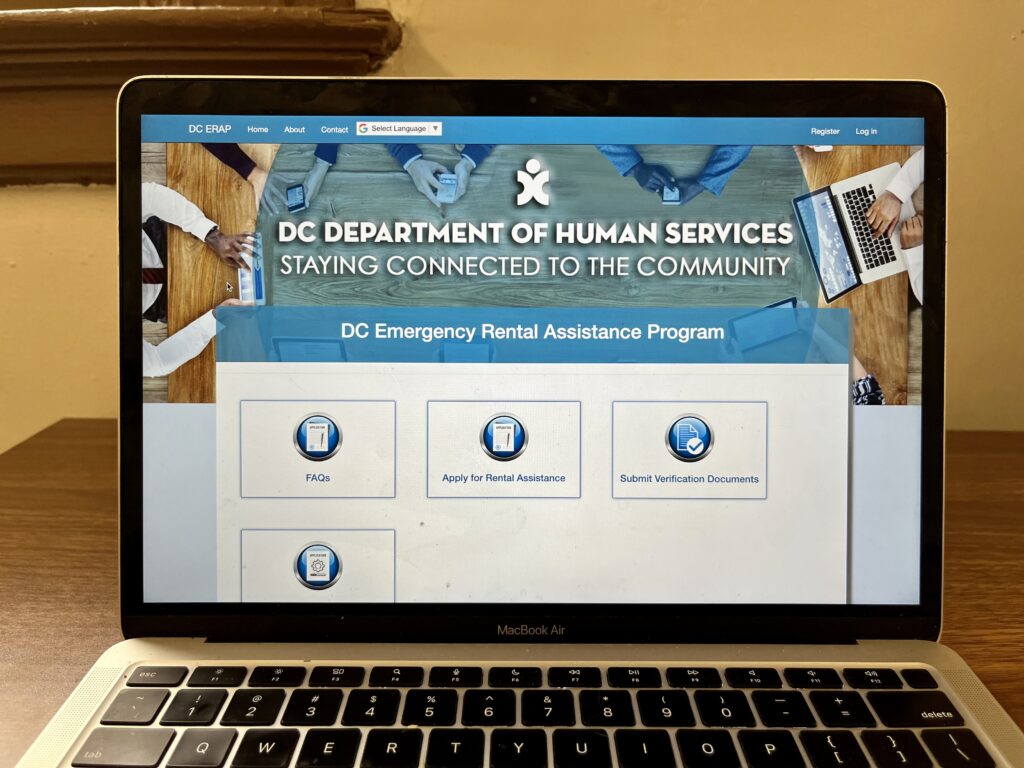For true liberty to exist, people’s attitudes should not question “what can the government do for us?” but should instead state “we will take responsibility ourselves.” Also, “we will pay for what we use.” The overriding principle of public policy should be “no more free lunches.” A well-run, completely free market system would enable a high standard of living, safety and security, affordable food and housing, and excellent health care for all.
Many federal programs are wasteful, fraudulent and abusive. The people should demand that the reckless spending of the U.S. government stop. Government and civil authorities must work to guarantee a stable money supply. Overspending beyond the resources of the government unnecessarily creates inflation, forcing people to work more in order to purchase the same amounts of goods and services. In order to reduce inflation, Congress needs to establish control over the money supply. Reducing inflation improves the general standard of living. It also helps eliminate poverty and sets an example for the rest of the world to follow.
The out of control spending can be addressed by reconsidering or even abolishing the following U.S. government departments:
Department of Homeland Security (DHS)
DHS was created in response to 9/11. The disaster could have been prevented, but several government agencies charged with defending our borders failed in their responsibilities prior to the attack. Rather than create this new department, Congress and the president should have had better oversight of the agencies that failed.
In an ideal world, people treat others with dignity and respect. Economies produce decent living wages for all, resulting in the elimination of poverty and crime. Borders become two-way gates for tourists and business partnerships, not desperate people seeking to escape misery at home by crossing the border illegally. When natural disasters occur, the people rise to the occasion with sufficient private and corporate resources to handle the crises and assist the afflicted.
The Department of Education (DOE)
DOE has an annual budget of around $70 billion. There are approximately 70 million people under the age of 18 in the United States. That represents approximately $1,000 dollars for every child. Those funds could be better invested by giving them directly to the children under the condition that it be spent on items or services for their schooling. Another option would be to have part of the money escrowed in investment accounts with the remainder to be spent on current school expenses.
Higher education like university level degrees are often a poor investment. Student loan debt is a huge burden on the borrower. A home loan can be a more productive investment than a student loan. We live in a time when the average person has access to vast amounts of information. Thanks to the internet, information is ubiquitous and cheap. Videos are freely available online for educating, training and teaching people skills. Trade skills in plumbing, electricity, carpentry and masonry (for example) often prove to be worth more than a college diploma.
The Department of Agriculture (DOA)
People should eat only safe and healthy food. The free market is the best system to guarantee this. All commercially sold food should be taxed and the funds used to finance safety inspectors and proper labeling. As standards of living increase, eventually assistance programs will become obsolete. All socialist-type programs such as “pay not to farm” subsidies will be phased out. When the DOA was created, the United States was primarily a farming country. But now the economy is primarily service driven so the DOA is much less necessary. And note that a “Department of Services” does not exist!
The Department of Labor (DOL)
Today, the average worker is safer and better paid than when the DOL was created in 1913. In the past, workers had little to no ability to negotiate with their employers. Businesses could lay them off for any reason without concern for their future. Today, employee relations are important to businesses as producing quality goods and services.
Corporate and civic associations have benefits that businesses enjoy and standards, regulations and guidelines that they adhere to. These agreements do not involve taxes.
The government plays an important role in protecting its citizens, but has many departments, agencies and programs that are wasteful and unnecessary. As government becomes less necessary in a strong economy, its citizens will enjoy a higher standard of living.
John Nichols, an Arlington native, has been writing about Christianity, economics, and politics since 1996.








